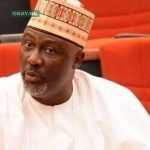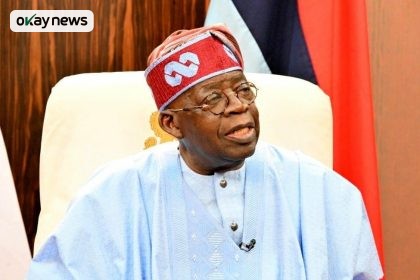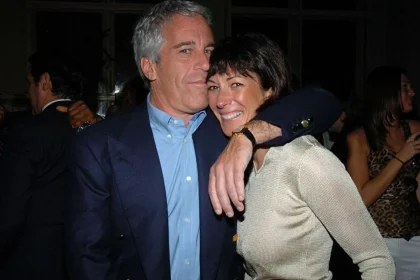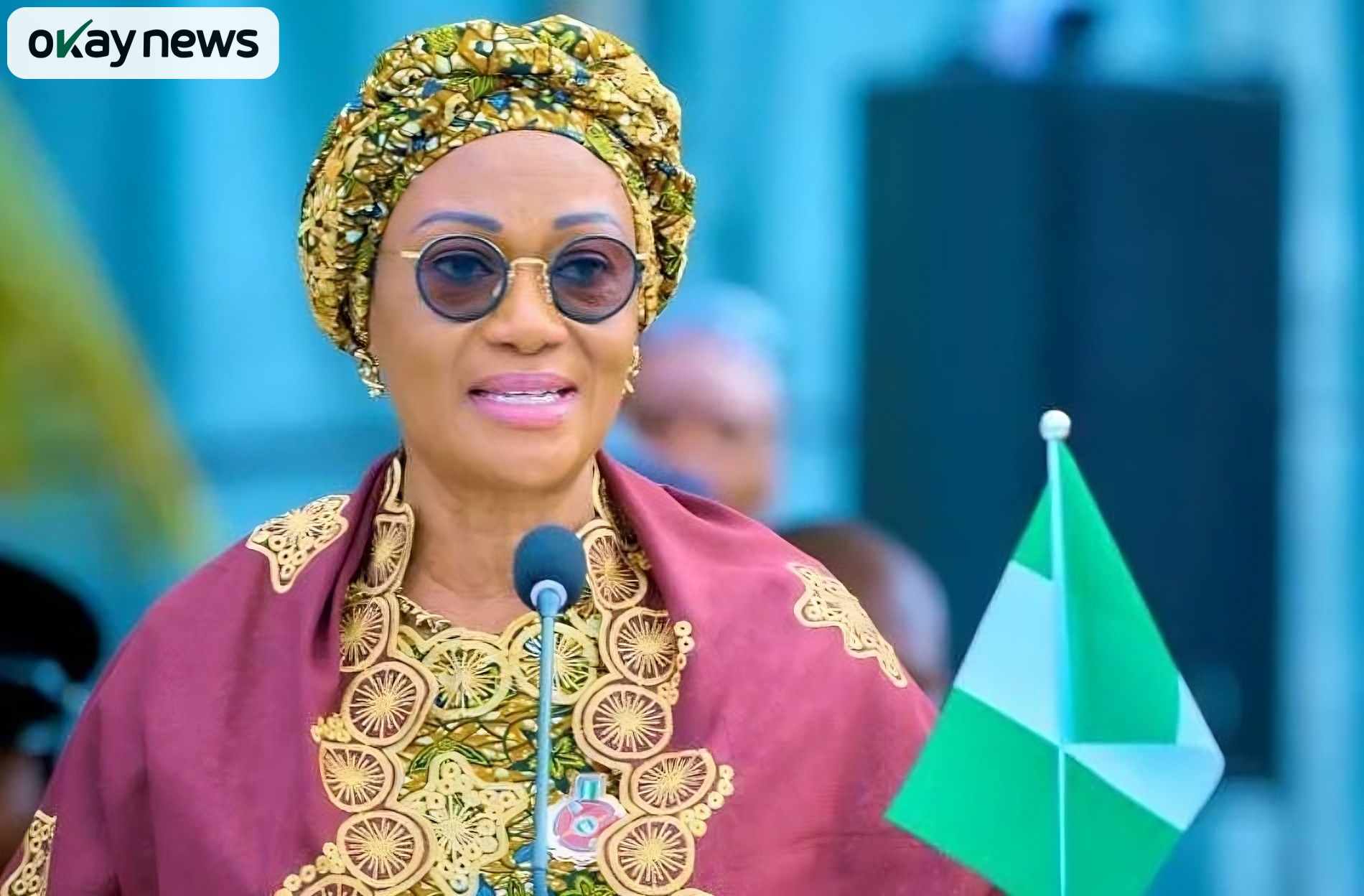An escalating wave of protests titled “Nigerians Must Go” emerged across several regions of Ghana on July 29, characterized by demands for the removal of Nigerian nationals from the country. The demonstrators cited concerns ranging from alleged ritual killings and widespread prostitution to economic domination by Nigerian businesses. Placards brandished at the rallies bore strong messages, such as “Armed robbery and violent attacks must stop” and “Our kids are getting missing because of Igbos,” underscoring the depth of animosity among the protesters.
Videos circulating on social media captured protesters clad in red and waving the Ghanaian flag, expressing frustration over what they termed the erosion of Ghanaian societal values and safety. One woman emphatically declared, “Nigerians must go because you can’t be in someone’s country and be behaving anyhow.”
Conversely, Nigerians residing in Ghana have lambasted the protests as provocation aimed at igniting diplomatic strife between the two nations. According to Patrick Isaac, a Nigerian businessman, longstanding discrimination – including inflated rents targeting Nigerians and selective enforcement of business regulations – underpins much of the hostility they face. He asserted that the protest was orchestrated by those uncomfortable with the visible success of Nigerian traders in Ghana and denied any direct link between the protest and comments made by the Igbo community leader, Chukwudi Ihenetu.
Many Nigerian residents, including a trader who spoke anonymously, highlighted systematic efforts to curtail their economic influence. The Ghana Investment Promotion Centre’s $1 million levy on foreign investors, they say, is part of a broader scheme to hinder Nigerian entrepreneurs. The oppressive atmosphere in housing was also noted, with some Nigerians reporting significant rent hikes or eviction notices tied to escalating inter-community tensions.
The immediate flashpoint for the uproar appears to be a resurfaced video from 2013 featuring Chukwudi Ihenetu’s intention to establish an ‘Igbo village’ in Ghana—a proposal since officially abandoned with an apology tendered to Ghanaian authorities. Ghana’s Foreign Minister, Sam Okudzeto Ablakwa, emphasized Ghana’s proud history of a welcoming foreign policy and refuted the xenophobic undertones of the protests.
“I’m creating an Igbo village which has never happened in the history of Igbos in the world… We will build the village, and in this village, we are going to build the palace of Eze Igbo…” Ihenetu said in the video, remarks that reignited tensions when circulated recently.
Members of the Nigerian community, including Elder Joseph Njom, stressed that Nigerians are law-abiding residents vexed by unfounded accusations of criminality, including ritual killings. Despite concerns about safety and recent protest actions, there has been no reported immediate violence, and ongoing dialogue continues between both communities.
Following high-level diplomatic engagement involving Nigerian Minister of State for Foreign Affairs, Ambassador Bianca Odumegwu-Ojukwu, and Ghanaian officials, assurances have been given for the protection of Nigerians in Ghana. Nevertheless, some cultural expressions such as the Iriji festival have been suspended in light of the tensions.
Samuel Onukak, administrator of a Facebook group for Nigerians in Ghana, highlighted the economic dimension of the tension: “We, the Igbos, own 60 per cent of businesses here in Ghana.” He urged enhanced security to maintain peace and protect immigrant rights.
President John Mahama of Ghana has publicly assured Nigeria of the safety of its nationals and reaffirmed adherence to ECOWAS protocols that champion free movement in the region. The president attributed the unrest primarily to the rekindling of an old video and minimized the scale of the protests.
With fears of xenophobic violence reminiscent of previous incidents in other African countries, Nigerian residents and advocacy groups call for sustained government efforts in both countries to safeguard the rights and wellbeing of all residents, underscoring the imperative for continued dialogue and mutual respect.
Okay.ng reports this ongoing issue, illustrating complex cross-national relations within the West African subregion.







